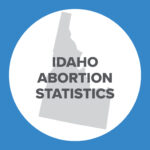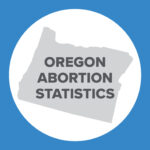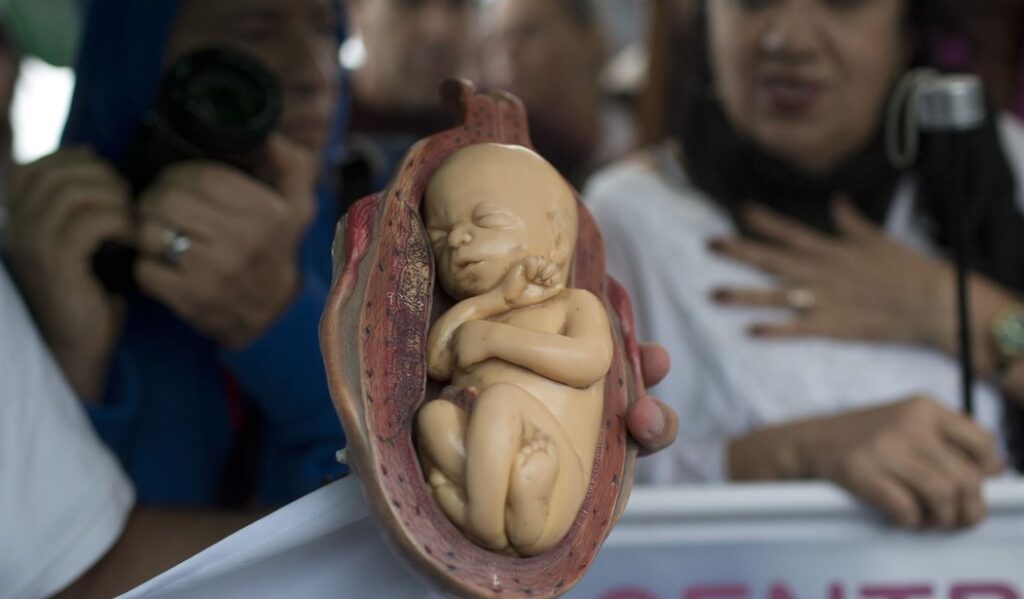Faith-Based Charities Serving Vulnerable Children Should Not Be Required to Facilitate Abortion
Federal regulations issued by the Obama Administration have raised concerns that Christian charities operating federally funded care provider facilities housing unaccompanied alien children could be required to facilitate access to abortion.
Government Issues Interim Final Rule
The Department of Health and Human Services (HHS), Administration for Children and Families, issued the regulations in December 2014 through an “interim final rule” without the ordinary notice of proposed rulemaking and opportunity for public comment on the proposed rule. However, HHS provided a 60-day window, which expired in February, for public comments before finalizing the “interim” final rule.
The purpose of the interim final rule is to provide standards “to prevent, detect, and respond” to sexual abuse and sexual harassment in Office of Refugee Resettlement (ORR) care provider facilities housing “unaccompanied children.” (ORR is an office of the Administration for Children and Families, which is a division of HHS.)
Preventing, deterring, and responding to sexual abuse and sexual harassment are worthy goals. As the rulemaking document states, “[s]exual violence and abuse are an assault on human dignity and have devastating, lifelong mental and physical effects on an individual.”
However, the interim final rule has raised concerns that faith-based charities operating ORR care provider facilities subject to the regulations might be required to facilitate access to abortion for the unaccompanied female children in their care.
Interim Final Rule Raises Concerns about Facilitating Access to Abortion
Section 411.93(d) of the interim final rule states, “Care provider facilities must ensure that female [unaccompanied children] victims of sexual abuse by a male abuser while in ORR care and custody are offered pregnancy tests, as necessary.”
The interim final rule then states, “If pregnancy results from an instance of sexual abuse, [the] care provider facility must ensure that the victim receives timely and comprehensive information about all lawful pregnancy-related medical services and timely access to all lawful pregnancy-related medical services.”
The key language in that provision is “all lawful pregnancy-related medical services.” That language will almost certainly be construed by the Obama Administration to include abortion.
(The interim final rule, in section 411.92(a), also requires care provider facilities to provide unaccompanied children who are victims of sexual abuse “timely” and “unimpeded” access to “emergency contraception.”)
Inadequate Protections for Faith-Based Organizations that Object to Facilitating Abortion
The preamble to the interim final rule recognizes the potential conflict for faith-based service organizations that wish to partner with the ORR to serve unaccompanied children but object on religious or moral grounds to providing “certain kinds of services, including referrals.” The preamble identifies three “ways in which organizations with such objections may be able to participate in human services programs.” (See pages 77784-77785 of volume 79 of the Federal Register, December 24, 2014.)
However, the interim final rule “falls short” of adequately protecting organizations with religious or moral objections, according to comments filed by five faith-based organizations including the U.S. Conference of Catholic Bishops (USCCB), the National Association of Evangelicals (NAE), World Vision, World Relief, and Catholic Relief Services.
- In the view of these faith-based organizations, “The interim final rule falls short of adequately protecting existing and prospective grantees, contractors, subgrantees and subcontractors with religious or moral objections to providing, facilitating the provision of, providing information about, or referring or arranging for, items or procedures to which such organizations have a religious or moral objection.”
- For one thing, these organizations write, “any meaningful accommodation . . . should be included in the text of the final rule, not relegated to the preamble.”
However, even if the accommodations proposed in the preamble were moved to the text of the final rule, the organizations also write that “the options outlined in the preamble are inadequate to protect existing and prospective grantees, contractors, subgrantees and subcontrators with conscientious objections to particular items or procedures.” In addition to other analysis, the USCCB and other organizations address “some ambiguous and potentially problematic aspects of the preamble language in the hope that these will not be repeated in any final rule.” The organizations explain how that language is subject to different interpretations and how a difference in interpretation could alter the burden imposed on faith-based organizations.
Protecting the Religious and Moral Integrity of the Government’s Faith-Based Service Partners
Faith-based charities should be free to partner with the federal government to serve the poor and needy without violating religious or moral beliefs about abortion.
- According to the comments filed by the USCCB, NAE and other organizations, “Faith-based organizations play an important role in providing services for unaccompanied children, and newcomer populations in the United States in general.”
- According to these organizations, “Currently, six out of nine national refugee resettlement agencies in this country are faith-based organizations, including the USCCB, which is the largest in terms of persons served, and World Relief, which mobilizes the resources of the evangelical community.”
- “[W]ithout faith-based organizations,” the commenting organizations write, “it is likely that the federal government would not be able to achieve its goal of caring for [the unaccompanied minor population] and similar populations assisted by” the Office of Refugee Resettlement.
The USCCB and other commenting organizations explain that “Catholic, evangelical and many other faith-based organizations are motivated to serve by their religious and moral convictions to protect human life, especially at its most vulnerable.”
The federal government should respect the religious and moral convictions of faith-based organizations that help the federal government to serve the poor.
In the words of the USCCB and other commenting organizations, “ORR should adopt a meaningful accommodation, one that is expressed in the text of the regulation and that frees existing and prospective grantees, contractors, subgrantees and subcontractors from any requirement to provide, facilitate the provision of, provide information about, or refer or arrange for items or procedures to which they have a religious or moral objection.”
What Should Be Done
The preamble to the interim final rule states that the ORR “is committed to working with all grantee and contractors to fulfill their requirements under this rule in a manner that is respectful and sensitive to the grantee and contractor’s principles and beliefs.”
The Obama Administration should carefully consider the concerns raised by the USCCB, NAE and other faith-based organizations and amend the interim final rule accordingly.
Thomas M. Messner, J.D. is Senior Fellow in Legal Policy at the Charlotte Lozier Institute.


























